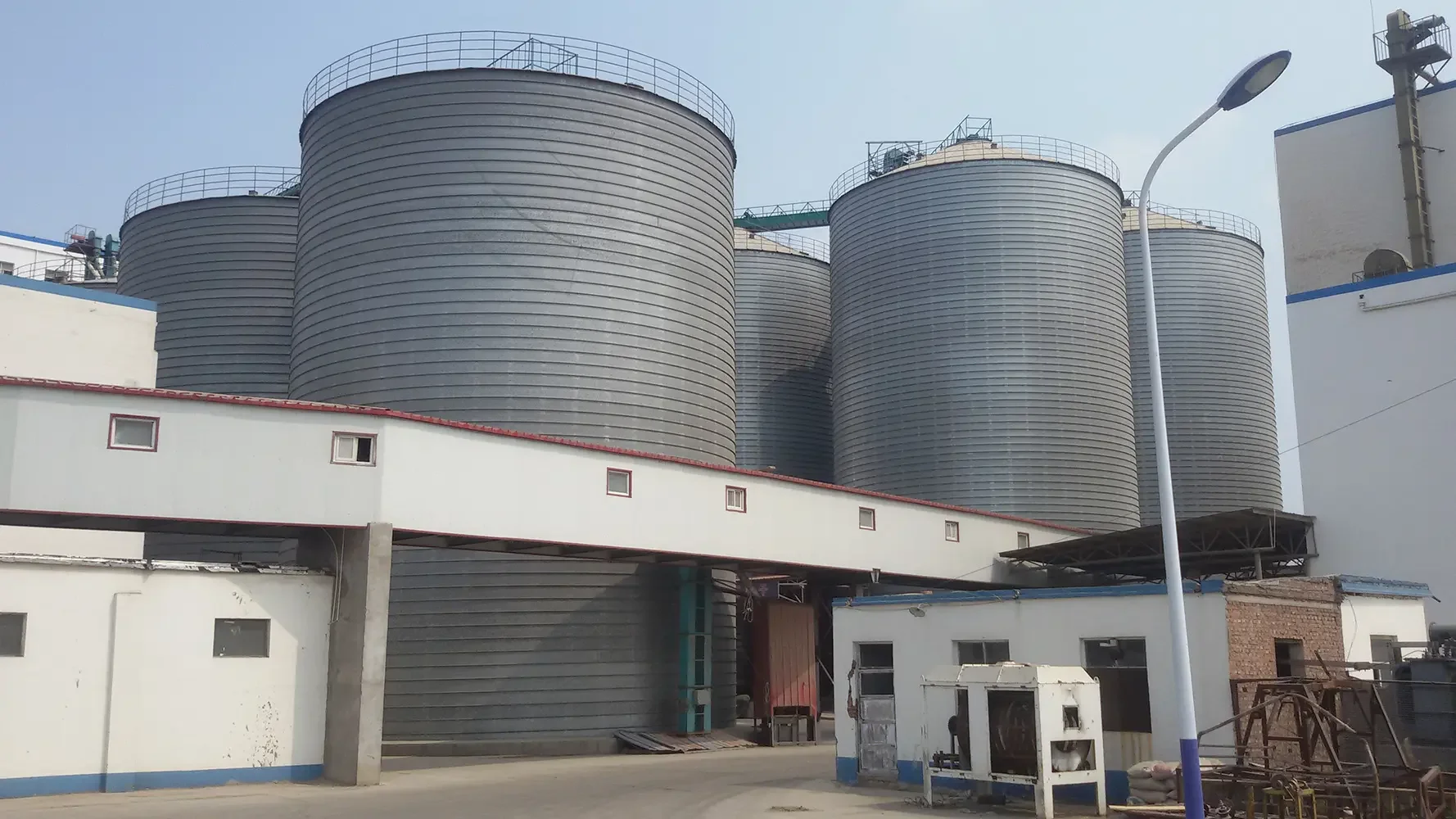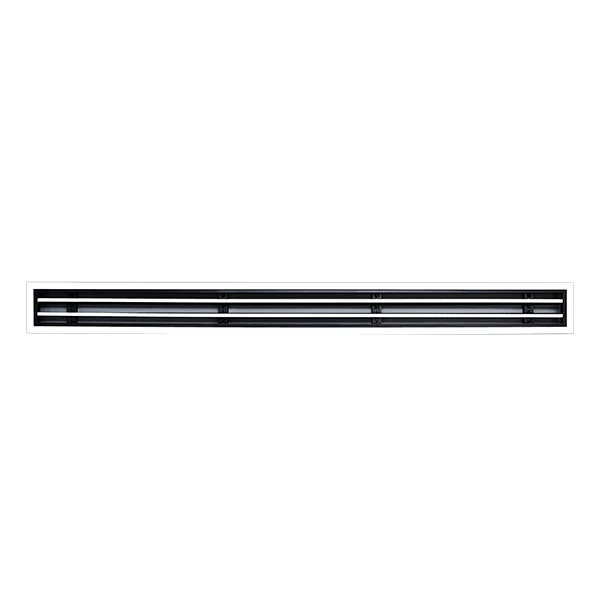When it comes to building a solid financial future, one of the most significant investments individuals make is in their homes. However, for many, the cost of construction can be daunting. The quest for the cheapest foundation option is a common concern among homeowners and builders alike. In this article, we will explore various foundation types, their costs, and the factors that influence these expenses, providing you with a well-rounded understanding of how to make the most economical choice for your project.
Understanding Foundation Types
Before diving into the costs, it's essential to understand the different types of foundations available. The primary foundation types include:
- Concrete Slab Foundations: These are flat, concrete slabs poured directly on the ground. They are often the most affordable option, particularly in warmer climates where frost heave is not a concern.
- Crawl Space Foundations: This type involves a small space between the ground and the first floor of the home. While slightly more expensive than slab foundations, they offer benefits such as easier access to plumbing and electrical systems.
- Basement Foundations: These are the most expensive option due to the additional excavation and construction required. However, they provide extra living space and can enhance property value.
- Pier and Beam Foundations: This method uses concrete piers to support the structure, allowing for ventilation and moisture control. It is often used in areas with unstable soil.
Cost Analysis of Foundation Options
The cost of a foundation can vary significantly based on several factors, including location, soil type, and local building codes. Here’s a breakdown of the average costs associated with each foundation type:
- Concrete Slab Foundations: Typically range from $4 to $8 per square foot. This makes them the most budget-friendly option for many homeowners.
- Crawl Space Foundations: Generally cost between $8 and $15 per square foot. While more expensive than slabs, they provide advantages in terms of accessibility and moisture control.
- Basement Foundations: These can range from $20 to $50 per square foot, depending on the depth and complexity of the design. While they are the priciest option, they can add significant value to your home.
- Pier and Beam Foundations: Costs can vary widely, typically ranging from $10 to $20 per square foot. The price depends on the number of piers required and the complexity of the installation.
Factors Influencing Foundation Costs
- Soil Conditions: The type of soil on your property can significantly impact foundation costs. Rocky or unstable soil may require additional excavation or reinforcement, increasing overall expenses.
- Local Building Codes: Different regions have varying regulations that can affect foundation design and materials. It's crucial to consult local building authorities to understand any specific requirements that may influence costs.
- Labor Costs: Labor rates can vary by location and the complexity of the foundation type. Hiring experienced contractors may incur higher costs but can save money in the long run by ensuring quality work.
- Climate Considerations: In areas prone to flooding or extreme weather, additional measures may be necessary to protect the foundation, which can increase costs.
Tips for Finding the Cheapest Foundation Option
- Get Multiple Quotes: Always obtain quotes from several contractors to compare prices and services. This will help you identify the most cost-effective option.
- Consider DIY Options: If you have construction experience, consider taking on some of the work yourself. This can significantly reduce labor costs.
- Evaluate Long-Term Value: While it may be tempting to choose the cheapest option upfront, consider the long-term implications. A more expensive foundation may provide better durability and resale value.
- Research Local Materials: Using locally sourced materials can reduce transportation costs and may offer better pricing.
Conclusion
Choosing the cheapest foundation option requires careful consideration of various factors, including type, location, and long-term value. While concrete slab foundations often emerge as the most affordable choice, it's essential to evaluate your specific needs and circumstances. By understanding the different foundation types and their associated costs, you can make an informed decision that aligns with your budget and future goals. Remember, investing in a solid foundation is not just about immediate savings; it's about ensuring the longevity and stability of your home for years to come.


More Stories
Multi Linear Slot Diffuser Solutions for Contemporary HVAC Design
The Versatility of Fiberglass Woven Cloth in Industrial Applications
Water Based Car Spray Booth Solutions for Automotive Paint Systems